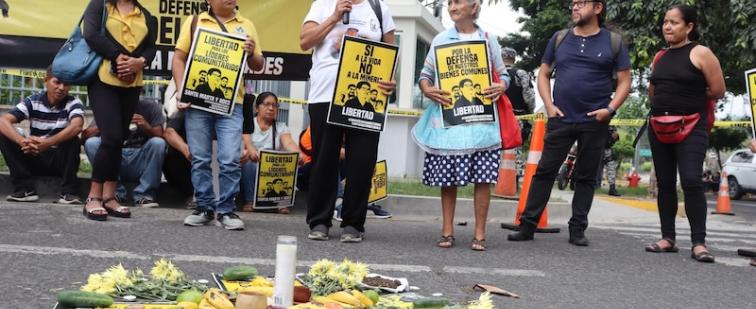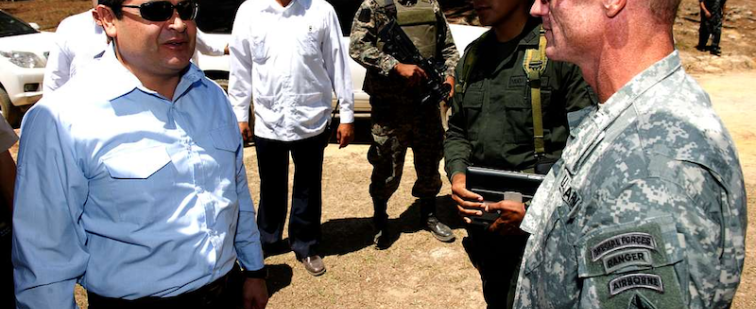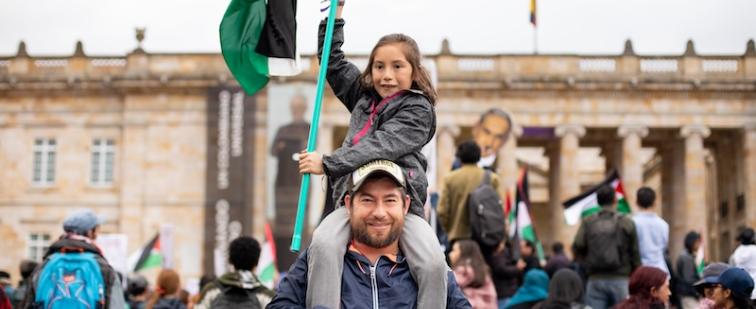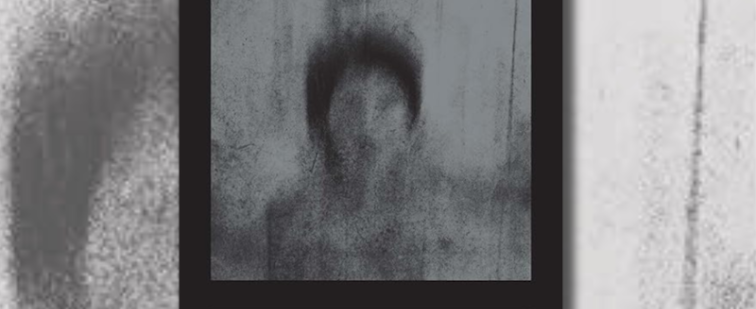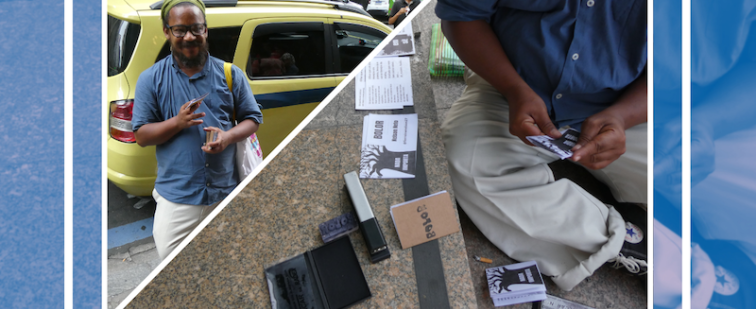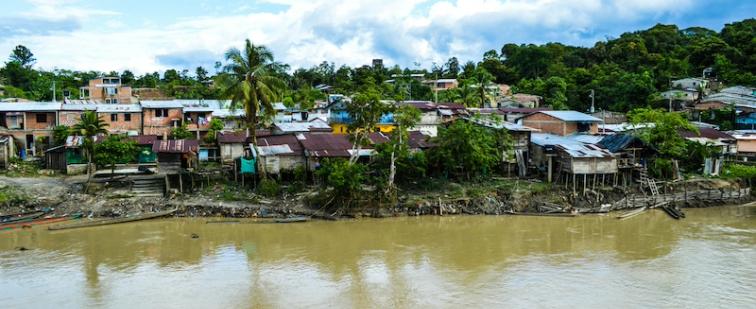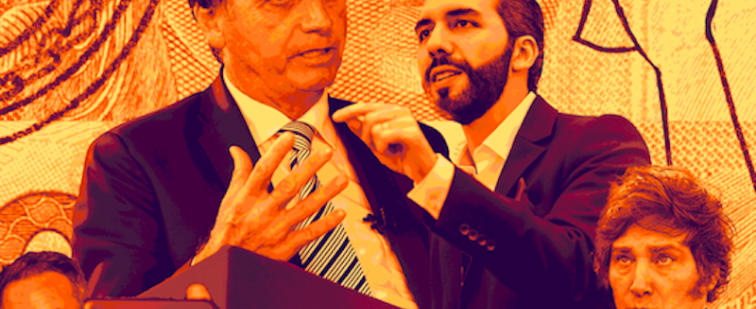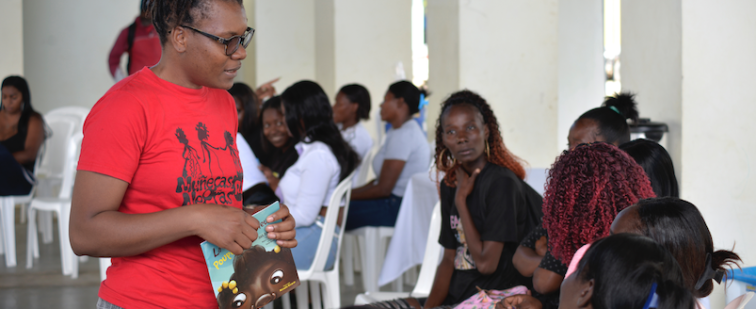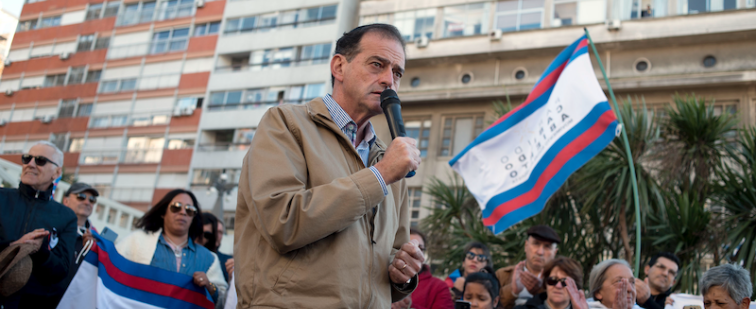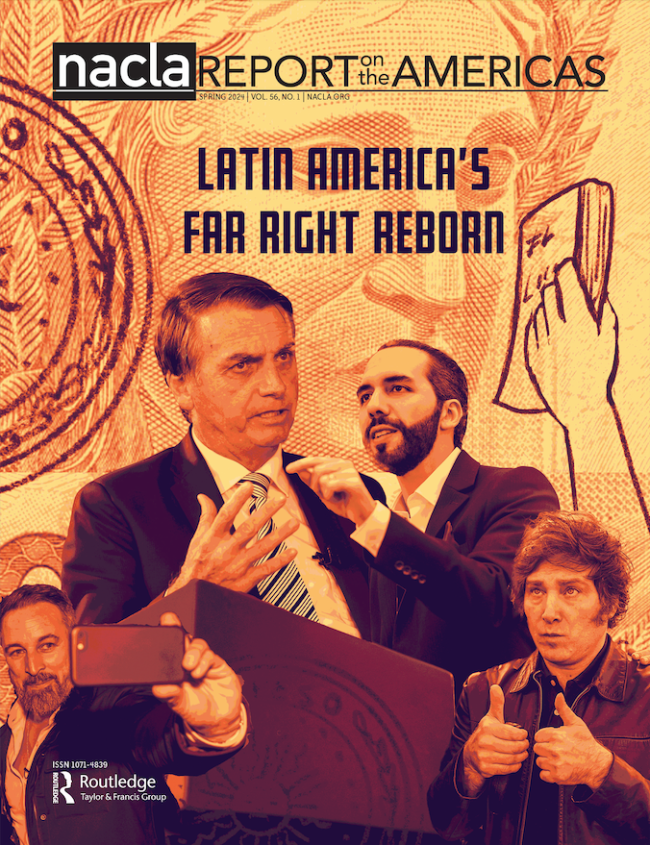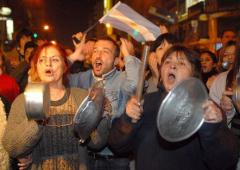Home
The U.S. government has denounced the recent legitimate presidential election in Nicaragua, while supporing flawed elections in Haiti and Honduras over the last two years. While this U.S. policy may appear baffling, it begins to make sense when you consider the long-standing U.S. political agenda in the region.
NACLA’s latest Report on the Americas is now available. This issue, "Latino Student Movements: Defending Education," gives voice to Latino student movements across the Americas that are standing up to the crises, cutbacks, and repression.
Today is the 10th anniversary of the beginning of the popular rebellion in Argentina. An uprising that with popular power forced out four governments in two weeks. But that was only the beginning. This year, 2011, is also a beginning. Not at all dissimilar from Argentina, this has been a year of popular uprisings, popular power, and new ways of organizing and doing politics.
In Patricio Guzmán's latest film, the Chilean filmmaker points his camera toward Chile's Atacama desert, where several groups intertwine in a search for the past. In this NACLA video interview, Guzmán speaks about his new movie, nostalgia, Chile, the Latin American "pink tide," filmmaking, and the need for an audio-visual revolution.
Fifty years ago, in 1961, the Cuban literacy campaign mobilized more than 1 million Cubans as teachers or students. In that same year, 707,000 Cubans learned how to read or write. The new documentary Maestra tells the story of that inspiring campaign through the memories of the women who served as literacy teachers—the maestras themselves.
During Felipe Calderón’s War on Drugs systematic human rights violations have been documented. Now testimonies confirm the suspicions that clandestine detention centers are operating in Mexico. We don't know how many, but we can determine who is operating them—organized crime and the Mexican Army and Marines.

